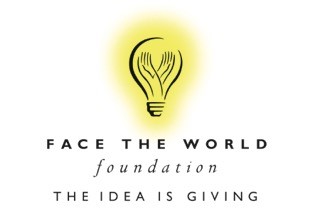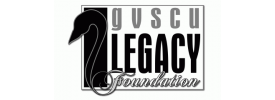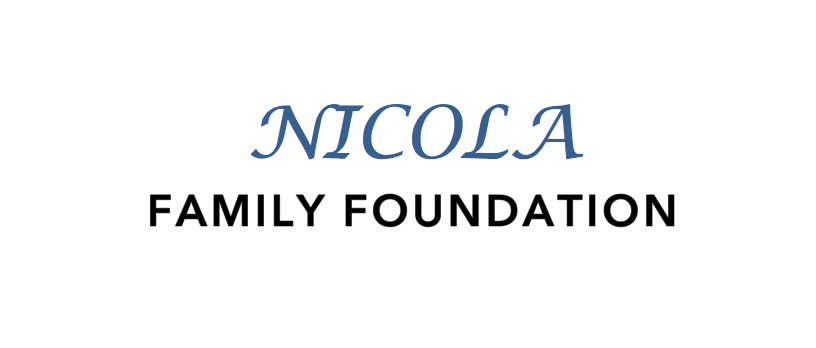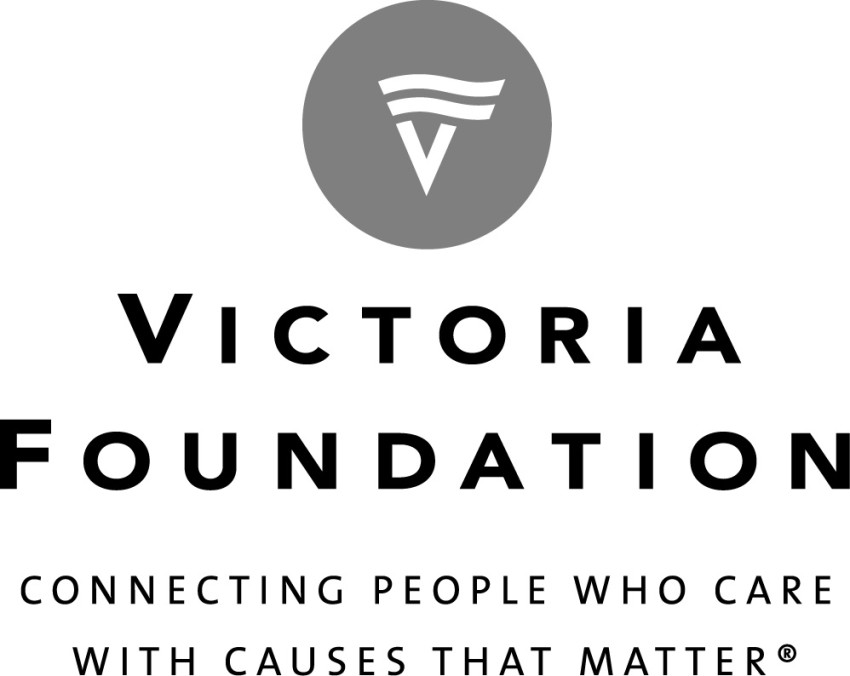 “She has blue eyes.”
“She has blue eyes.”
That was the first thing my blue-eyed father said about me when I was born. All babies have blue eyes at birth, but mine turned hazel. My dad never knew we had something much bigger in common: bipolar disorder.
My dad was unstable, moody and distant. He’d spend thousands of dollars on luxury goods, then lock himself in my parents’ bedroom for days. One day, he’d affectionately tease me until I giggled. The next day, he’d angrily snap at me for no reason. His outbursts terrified me. I exhausted myself trying to make sense of his actions, always taking them personally. I was the girl with daddy issues, which undiagnosed bipolar disorder made more complicated.
In elementary school, I was full of hyperactive energy. A teacher called me “Bigmouth,” and I often got in trouble for talking in class. In high school, I filled my schedule with extracurricular activities and social events, leaving barely enough time to do homework. In college—on top of a full load of classes and a job—I threw myself into activist groups and partied every night of the week. I drank too much, slept and ate too little. My thoughts raced from one thing to another. I swung back and forth at the mercy of my impulses. I jumped between relationships, apartments, jobs, and even sexual identities. I shoplifted and got arrested. I was on a speeding, runaway locomotive. I didn’t it know then, but I was hypo-manic.
In my senior year of college, my mom left my dad. He was hospitalized for attempting suicide. He washed and dried my mom’s work suits, shrinking them and hanging them back up on the same hangers. I imagined little doll-sized suits, wrinkled and mangled beyond recognition, my dad standing over them.
My dad died by suicide in 1998. I was numb for 4 years after his death until I finally crashed. I had my first major depressive episode. Completely unable to function, I took leave from work.
I saw therapists and psychiatrists. I tried mental illness medication. I struggled for chemical equilibrium in my brain, which was grueling, but I finally found a cocktail of medications that lowered the volume on my moods. I had a psychological evaluation, and I was diagnosed with bipolar disorder. I was horrified to learn I had the disease that had killed my dad. A bipolar diagnosis felt like a death sentence.
In 2012, I was married to a controlling and verbally abusive man. He reeled me in by paying attention to me—something my dad never did.
I lost consciousness, and woke up strapped to a gurney in the emergency room. Having seizures for twenty-four hours, I was thrown in and out of consciousness. I pulled and kicked against my restraints as reality confronted me. I was then hospitalized at an inpatient psychiatric hospital. Once I was released, I promised myself I’d never go back. A few months later, I left my abusive husband. I wouldn’t let my daddy issues overshadow my self-care again.
I’ll never forget the look on my mom’s face in the emergency room.
I put her through the same experience my dad had, even though I knew better. That’s what bipolar disorder does. It makes you lose insight, narrowing your focus to a needlepoint, so everything and everyone gets lost in the periphery. As I began my recovery, I finally understood the gravity of my illness. Bipolar disorder can be fatal without proper management. What happened to my dad could happen to me.
By accepting my diagnosis, I’ve been able to make sense of my dad’s actions. His emotional distance and instability were neither my fault nor his. They were symptoms of the disease. My understanding of bipolar disorder released me from my crippling daddy issues by allowing me to forgive him. Ironically, the illness that took my dad away ended up bringing us together.
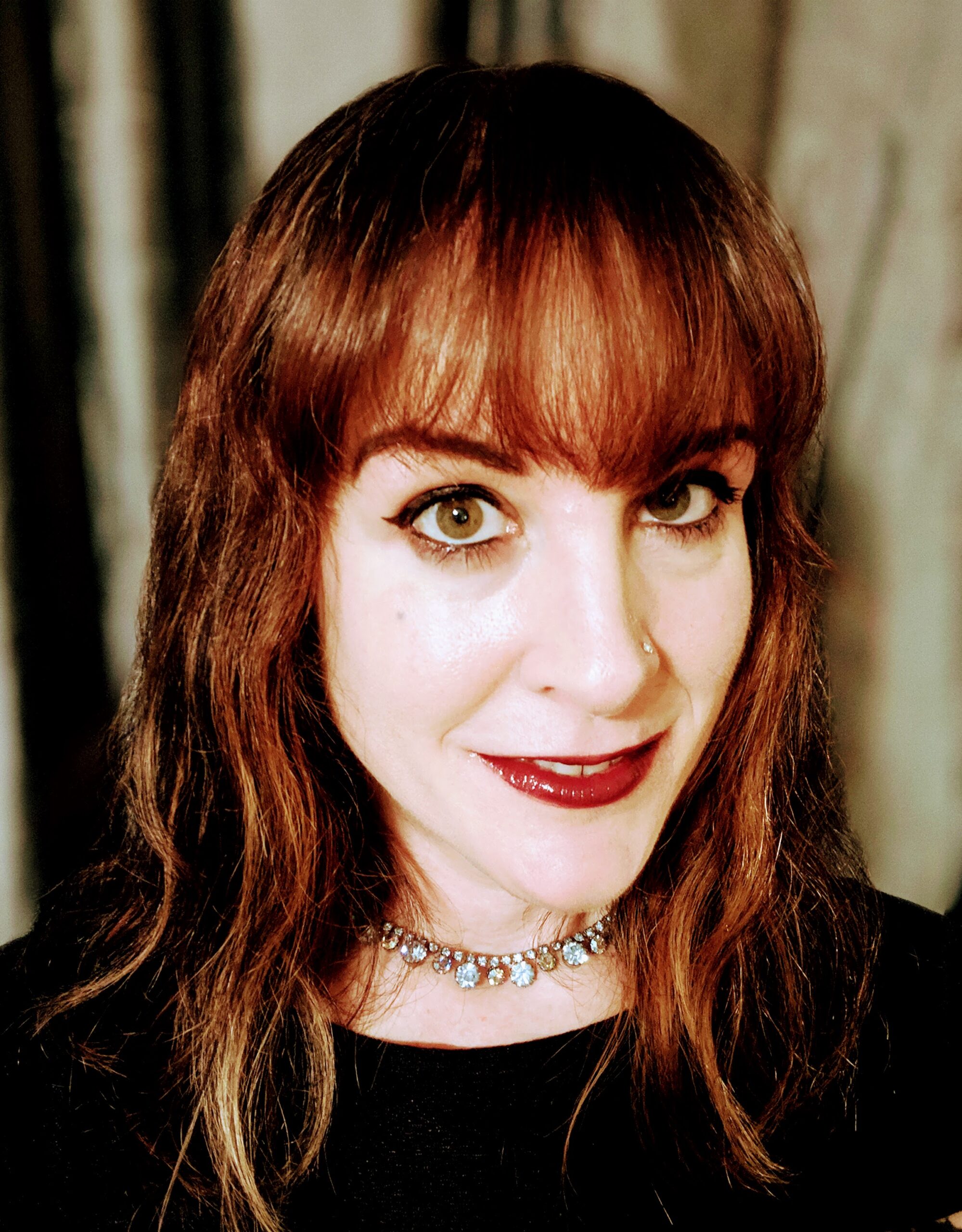
National Public Radio’s “All Things Considered” broadcast an interview with me, and my artwork has been shown in national and international art museums and a college art school textbook. I’ve been working in the film industry for over fourteen years. I have more than 33 movie and television credits to my name, as well as two Emmy nominations and an Art Director’s Guild Award. I also have a blog—darknessandlight.org—where I share my experiences with bipolar disorder. Yet for all my professional achievements, I’m most proud of my recovery. It’s been my hardest-fought battle.
Someone once asked me if I would get rid of my bipolar disorder if I could. I would not. My past made me into someone I’m proud to be today. I’m living proof that a bipolar diagnosis is not a death sentence.
By: Carrie Cantwell – Blog: darknessandlight.org

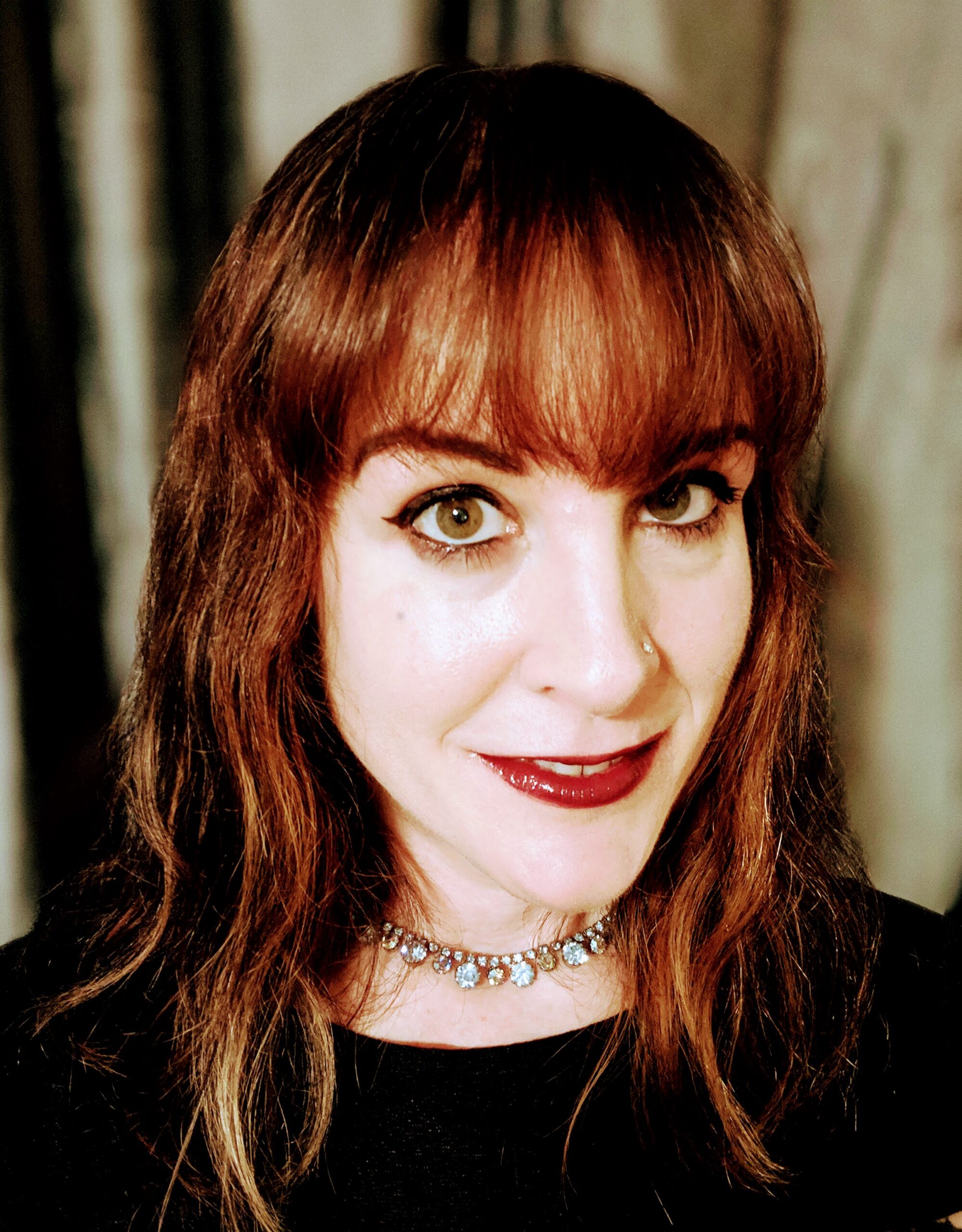
 “She has blue eyes.”
“She has blue eyes.”













